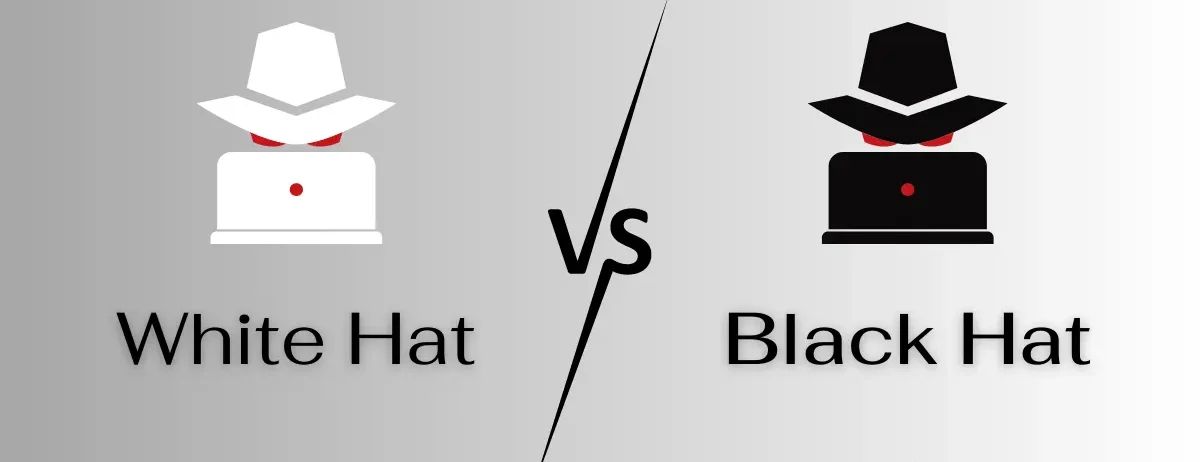
White Hat vs. Black Hat: The Ethics of Hacking
When most people hear the word hacking, they picture hooded figures typing furiously in the dark, breaking into government databases or stealing personal information. But the world of hacking is much broader and more nuanced than Hollywood portrays. In fact, not all hackers are out to do harm. Some are the good guys — the ones defending systems, not breaking them. To understand this better, let’s explore the two contrasting worlds of white hat and black hat hacking.
What is Hacking, Really?
At its core, hacking is the act of identifying and exploiting weaknesses in a computer system or network. It’s a skill — a deep understanding of how systems work and how they can be manipulated. But like any tool or talent, its impact depends on how it’s used. That’s where the ethical divide comes into play.
Black Hat Hackers: The Rule Breakers
Black hat hackers are the villains in the cybersecurity world. These individuals exploit vulnerabilities for personal gain, revenge, or chaos. They may steal sensitive data, infect systems with malware, hold companies hostage with ransomware, or even sabotage infrastructure.
Their actions are illegal, unethical, and often cause significant financial and reputational damage. Think of cybercriminals who breach banks, leak private emails, or sell stolen identities on the dark web — that’s black hat territory.
White Hat Hackers: The Cyber Guardians
In contrast, white hat hackers use their skills for good. Also known as ethical hackers, they work with organizations to find and fix security flaws before malicious actors can exploit them. Companies hire white hats to conduct penetration tests, simulate attacks, and strengthen their defenses.
White hat hacking is not only legal but encouraged in the cybersecurity industry. These professionals often hold certifications like CEH (Certified Ethical Hacker) and abide by strict codes of conduct.
Why Ethics Matter in Cybersecurity
The difference between white hat and black hat hackers isn’t just in their methods — it’s in their intent and integrity. In a digital age where data is gold, ethical boundaries are more important than ever. Organizations, governments, and individuals rely on ethical hackers to stay one step ahead of cyber threats.
There’s also a gray area — known as gray hat hacking — where individuals might exploit a vulnerability without permission but without malicious intent. While not as harmful as black hat hacking, this still raises ethical and legal concerns.
Building a Career as an Ethical Hacker
If you’re fascinated by hacking but also care about doing the right thing, ethical hacking might be your calling. It’s a high-demand field with plenty of career opportunities, from cybersecurity analyst roles to specialized penetration testing. The key is to get educated, certified, and stay committed to the principles of responsible disclosure and data protection.
Final Thoughts
Hacking isn’t inherently bad — it’s how the skill is used that defines its impact. As the digital world becomes more complex and interconnected, the role of ethical hackers is more vital than ever. Understanding the ethics of hacking isn’t just about choosing a side — it’s about protecting our shared digital future.
Whether you wear a white hat or a black one, one thing is certain: the world of hacking is here to stay. The question is — how will you use the power?
